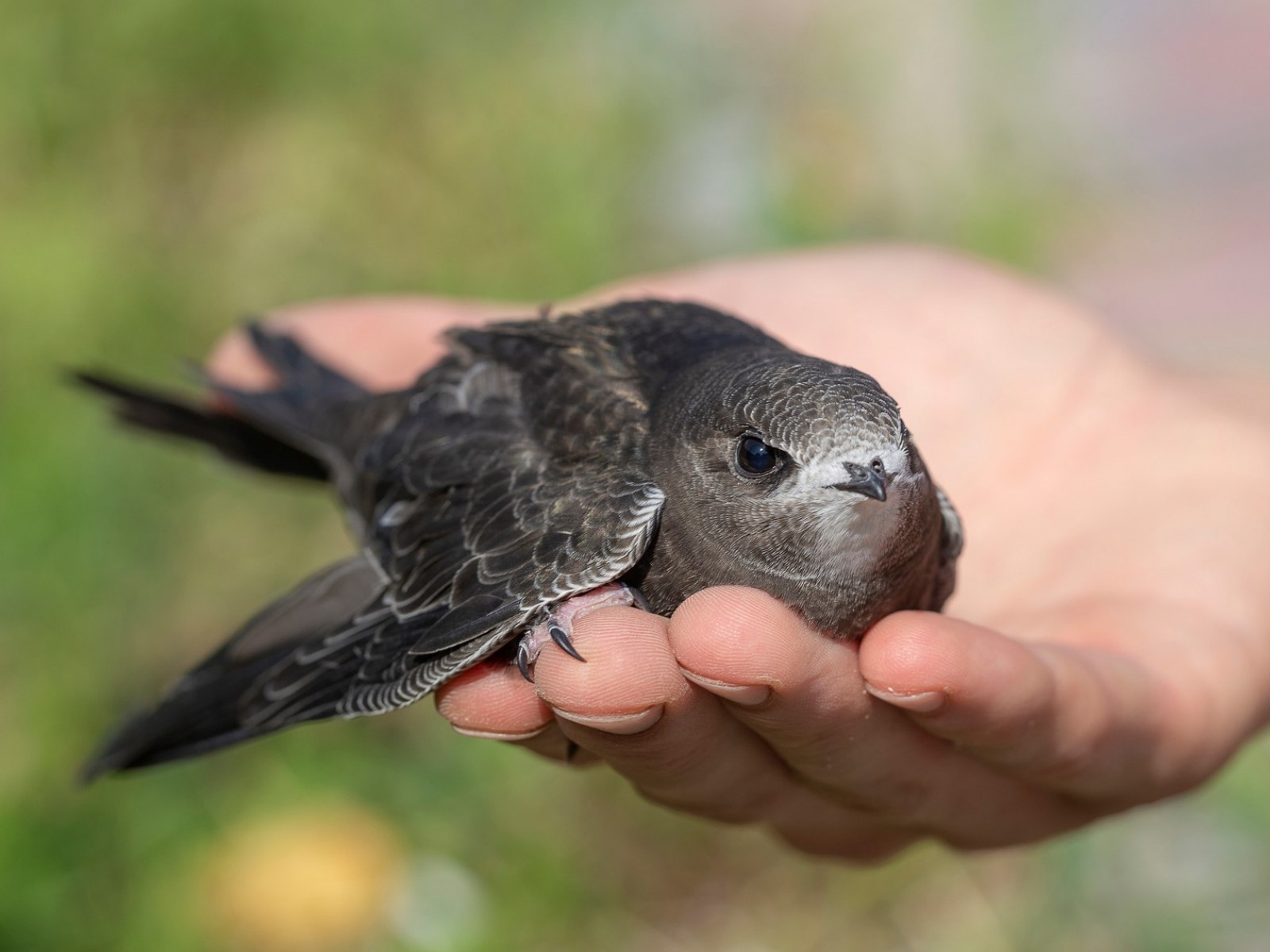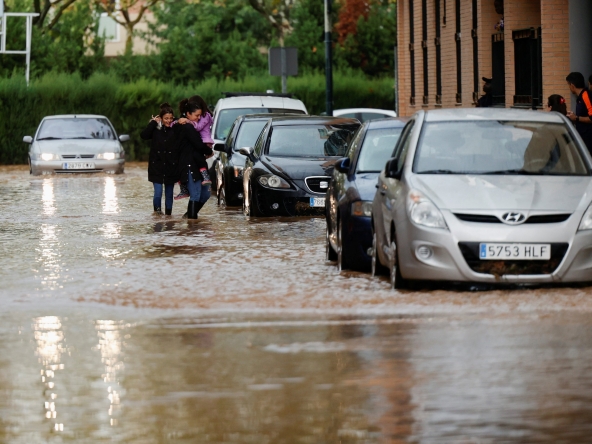DURING one of the earliest heat waves on record, ecologists are concerned about chicks' attempts to escape the high temperatures.
Hundreds of baby swifts have died in southern Spain after leaving their nests prematurely in an attempt to avoid the intense heat during one of the country's early heatwaves on record, according to ecologists.
Residents in Seville and Córdoba raised concerns about the protected species earlier last week after noticing scores of newly hatched birds spread across sidewalks.
"You'd walk down the street and see 100 chicks lying at the foot of a building, some dying, some barely living," said Elena Moreno Portillo, a biologist with Ecourbe, a Seville-based organisation dedicated to urban conservation.
The severe temperatures, according to Ecourbe and other organisations, were to blame because the swifts' hatching season coincided with Spain's earliest heatwave in more than 40 years.
The nests of these birds are frequently built-in building facades or roof cavities, with only a small breach open to the exterior. "Most of our structures are composed of concrete or metal plates, which get extremely heated. So it turns into an oven, and the chicks who can't fly yet flee because they can't tolerate the heat," Moreno Portillo explained. "They're being cooked to pieces."
As the temperature rose in recent days, reaching above 42 degrees in both Seville and Córdoba, volunteers in both cities began to congregate around swift colonies, rescuing as many dehydrated and malnourished chicks as they could. More than 400 of these birds were transferred to a state-run endangered species recovery centre in the hopes of being rehabilitated.
The heat in Andalucia, according to Moreno Portillo, has driven thousands of swifts — mostly pallid swifts – from their nests. The Brinzal bird centre in Madrid said it was also treating a large number of baby swifts who had sought to flee the heat.
Swifts that prematurely departed their eggs have long been seen by ecologists in Andalucia, according to Moreno Portillo. But as summertime temperatures gradually move up the peninsula, the occurrence is becoming more often. According to the nation's state meteorological bureau, summer now starts 20 to 40 days earlier than it did 50 years ago. She said that "it's getting more routine, and we're seeing increasing numbers."
She said that in this instance, a few further days of waiting may have changed everything. Many of these birds would probably have learned to fly by mid-July. However, they were unable to due to being trapped in the heat wave.





